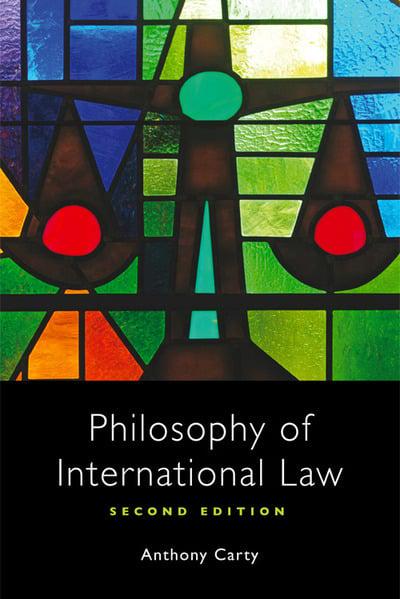 3 This theory of constructive legislation is then presented by Kelsen as forming a hierarchy of legal guidelines which begin from a primary norm (Grundnorm) the place all other norms are related to each other by either being inferior norms, when the one is in comparison with the opposite, or superior norms.
3 This theory of constructive legislation is then presented by Kelsen as forming a hierarchy of legal guidelines which begin from a primary norm (Grundnorm) the place all other norms are related to each other by either being inferior norms, when the one is in comparison with the opposite, or superior norms.
That these two primary norms, or factors of view, can come apart, is properly demonstrated by Kelsen’s comment that even an anarchist, if he had been a professor of regulation, could describe optimistic law as a system of legitimate norms, with out having to approve of this law” (PT2 218n).
It’s for them alone to point out what we must do, as well as to find out what we shall do. On the one hand the standard of right and unsuitable, on the other the chain of causes and effects, are mounted to their throne” (Bentham 1948, 1). Thus, a commitment to pure law idea of morality is according to the denial of pure regulation theory of legislation.
In doing so, I’ll try to isolate the distinctive nature of legal institutions by contrasting them with intently related phenomena, resembling parenting, golf equipment, organized crime, condominium associations and so on. I hope to point out by way of this comparative process that authorized programs are institutions of a very special form: they are compulsory planning organizations that have a moral aim and bear a privileged relation to other planning organizations.
Importantly, Kelsen allows for the legislative course of to … Read More


 His most important target, within the Thirties, was fascist theories of state and law, similar to that of Carl Schmitt But, for Kelsen, it is also an illusion to think that, in a Rechtsstaat (roughly, ‘rule of legislation state’), ‘the state’ is wholly topic to legislation: from a ‘authorized point of view’, the state and the constructive-authorized order are the identical.
His most important target, within the Thirties, was fascist theories of state and law, similar to that of Carl Schmitt But, for Kelsen, it is also an illusion to think that, in a Rechtsstaat (roughly, ‘rule of legislation state’), ‘the state’ is wholly topic to legislation: from a ‘authorized point of view’, the state and the constructive-authorized order are the identical. Criticism of legislation is certainly a moral matter but a nasty regulation may still be a sound regulation and create a authorized (however not ethical) obligation. A theory is an explanation of some aspect of the natural world that is nicely-substantiated by details, examined hypotheses, and laws.
Criticism of legislation is certainly a moral matter but a nasty regulation may still be a sound regulation and create a authorized (however not ethical) obligation. A theory is an explanation of some aspect of the natural world that is nicely-substantiated by details, examined hypotheses, and laws.